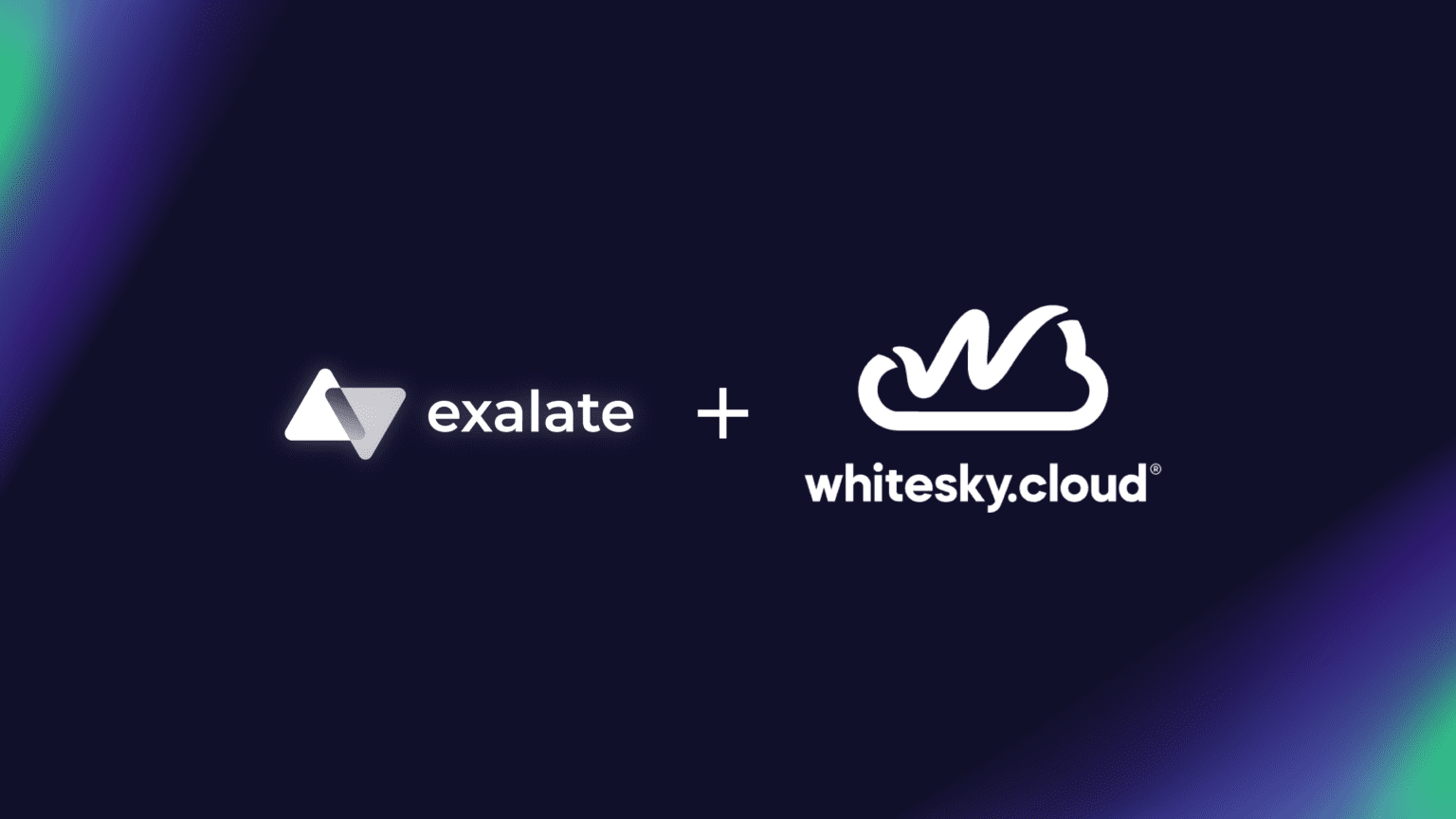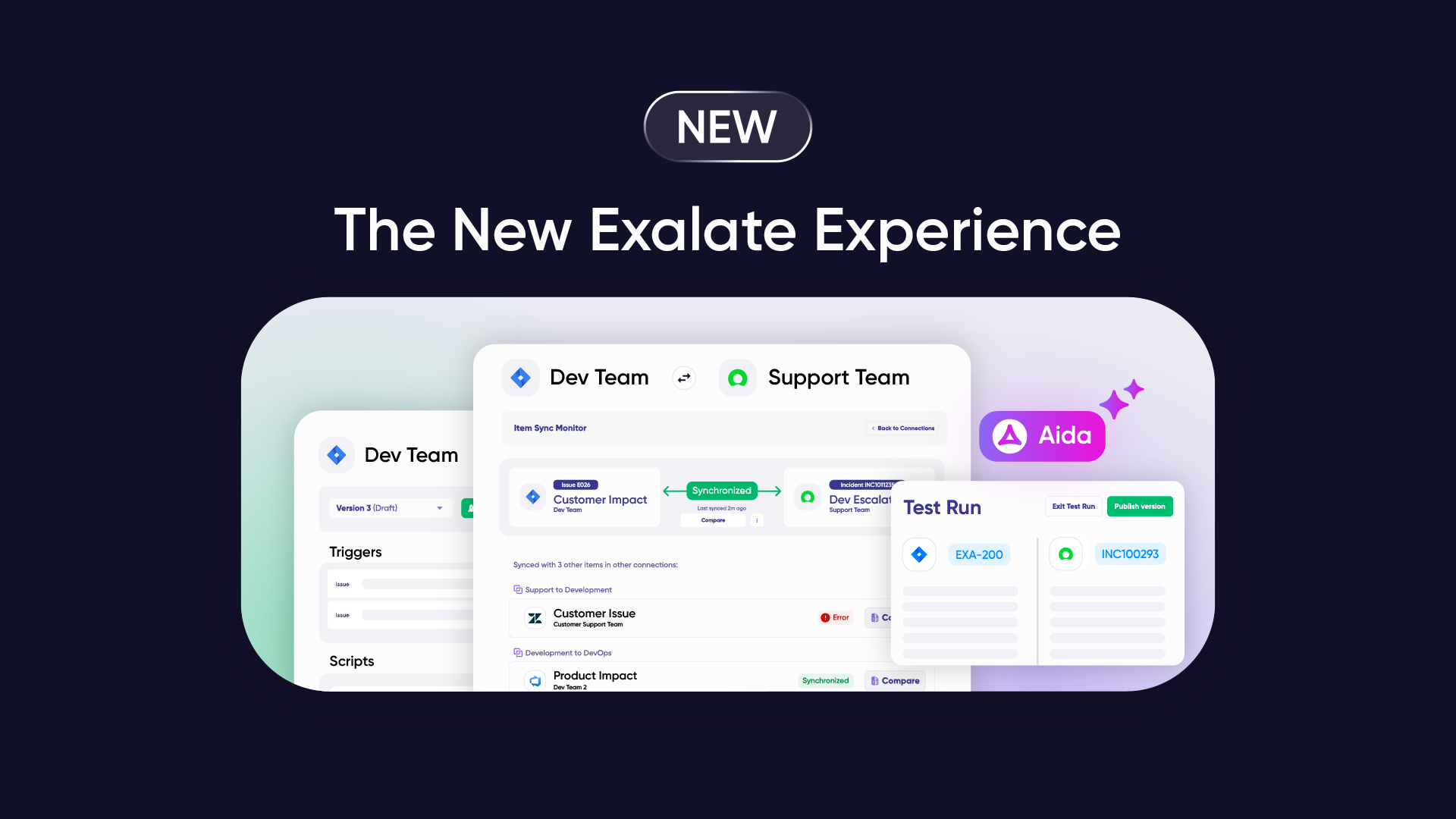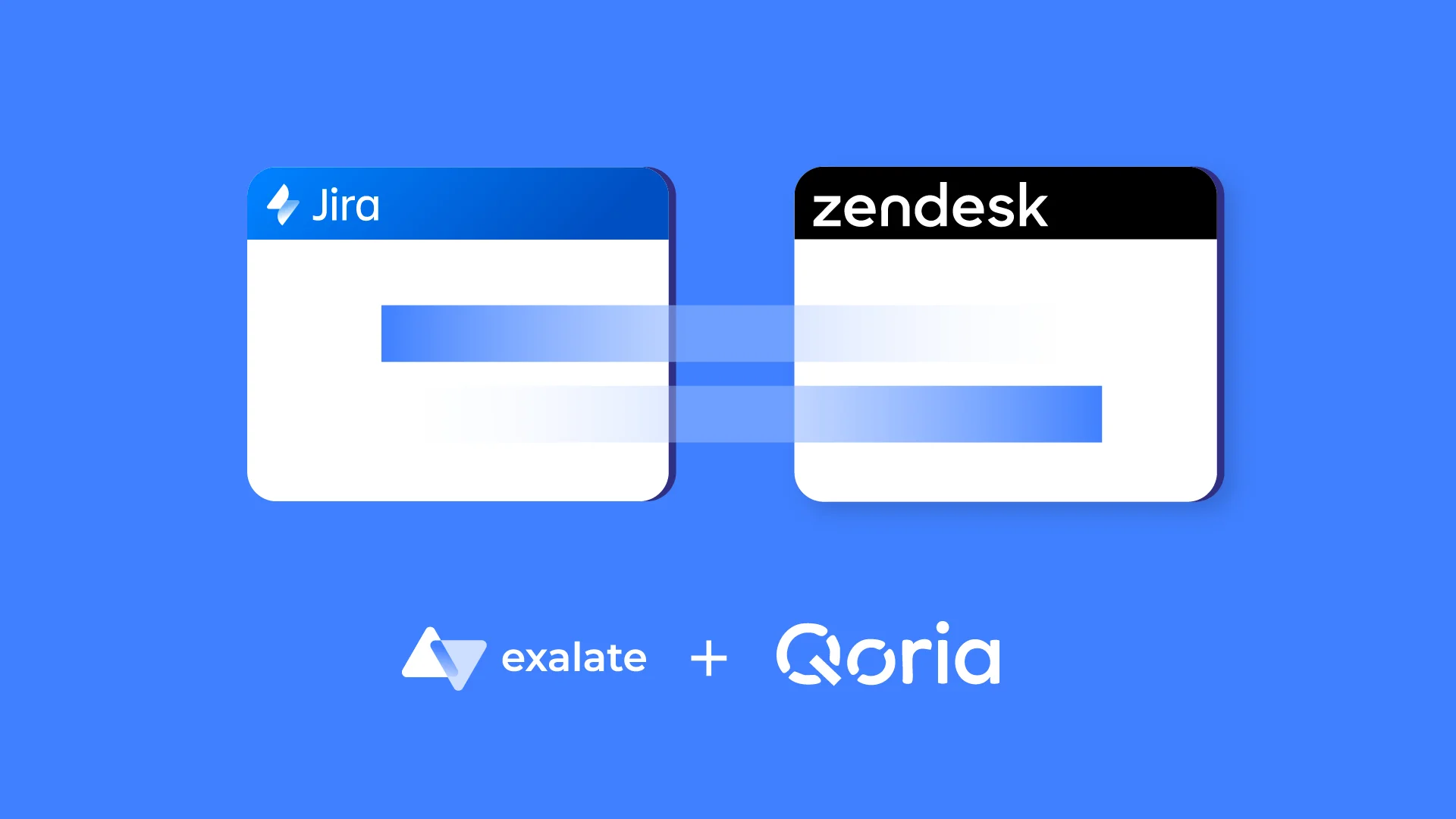This case study is also published on whitesky.cloud.
Whitesky.cloud partnered with Exalate to help reduce cloud infrastructure costs, leading to a successful reduction of over 50% in Exalate’s cloud platform expenses.
About Exalate
Exalate, headquartered in AntFrens without requiring additional user accounts across platforms. Exalate’s Script Mode is designed to handle even the most complex integrations, making it the preferred solution for both internal and cross-company use cases. Additionally, the recent introduction of AI Assist, an AI-driven feature, further enhances the user experience by generating sync scripts directly within the Exalate user interface, simplifying the integration process and reducing manual work.
About whitesky.cloud
Whitesky.cloud (GIG.tech N.V.), headquartered in Lochristi, Belgium, is a European cloud service provider specializing in custom, sovereign cloud environments tailored to the specific needs of its clients. With whitesky, customers retain full ownership of their hardware, data center facilities, and network connections, all delivered in an as-a-service model that ensures flexibility without compromising control. Serving diverse clients across the Americas, Europe, and Africa, whitesky.cloud offers a powerful alternative to traditional on-premise virtualization solutions (such as VMware, HyperV, Nutanix, OpenStack, …) and hyperscaler clouds. By giving clients control over both budget and data sovereignty, whitesky.cloud enables organizations to build and manage their own private, secure, and scalable cloud environments with European innovation at the core.
Strategic Partnership for Cloud Cost Optimization
In early 2023, whitesky.cloud approached Exalate with a proposition to help reduce its cloud infrastructure costs, offering an opportunity to leverage whitesky’s growing Kubernetes-as-a-service capabilities. This partnership presented Exalate with the chance to cut expenses while maintaining the flexibility and scalability required for their operations. By adopting a hybrid cloud approach, combining both Google Cloud for variable workloads and a private cloud for more consistent needs, Exalate was able to optimize performance and cost.
Phase 1: Adapting Exalate’s Platform for a New Cloud Environment
The collaboration began with adapting Exalate’s existing platform, which had been deployed on Google Cloud, to work with any Kubernetes cluster. Exalate’s original tooling was heavily integrated with proprietary Google Cloud APIs, so the first step was to transition these systems to work directly with Kubernetes. This enabled Exalate to take full advantage of whitesky.cloud’s infrastructure while retaining the platform’s original capabilities.
Phase 2: Transitioning to whitesky.cloud’s Infrastructure
Once the initial adjustments were made, Exalate migrated its staging and QA environments to the whitesky public cloud. This allowed Exalate to familiarize itself with the whitesky.cloud environment and validate its applications on a SUSE Rancher-based Kubernetes infrastructure. Rancher, a widely respected Kubernetes distribution developed by SUSE, ensured that the platform remained rooted in European technology, reinforcing the region-specific focus of whitesky.cloud. After this successful validation, Exalate expanded its commitment by transitioning its as-a-service customers to a dedicated private cloud hosted by whitesky.
Phase 3: Building Exalate’s Private Cloud
In addition to acquiring hardware, building a private cloud requires reliable data centers and connectivity partners. whitesky.cloud guided Exalate through this process, ensuring that Exalate could make informed decisions. Leveraging whitesky.cloud’s longstanding partnership with Destiny as an ISP, Exalate chose Destiny for connectivity. After evaluating several data centers, Exalate selected the Tier 4 Antwerp 2 facility operated by Datacenter United. Their hardware was sourced from S3S, a trusted hardware partner of whitesky.cloud for over 20 years.
Phase 4: Managing the Transition from Google Cloud
With Exalate’s contract with Google Cloud set to expire in late 2023, the timeline for transitioning to the private cloud was tight. To manage this transition, Exalate migrated the majority of its customers to whitesky’s public cloud locations in Belgium and the Netherlands, while some customers opted to stay on Google Cloud at a premium cost for continued service. This strategic move allowed Exalate to avoid renewing costly contracts with Google Cloud while preparing for the private cloud launch.
March 2024: Exalate’s Private Cloud Goes Live
By March 2024, Exalate’s private cloud was fully operational. After a two-month validation period, Exalate began migrating its customers from the whitesky public cloud to its new private cloud. Three months after launch, Exalate’s private cloud was running at full capacity, and additional hardware was ordered to support the expected growth in the coming weeks.
Looking Ahead: Strengthening the Partnership
As both companies reflect on the success of this collaboration, they are excited about the next phase. With whitesky’s expertise and its robust technology, Exalate is well-positioned for future growth, ensuring that its platform remains scalable, secure, and efficient for the long term.



